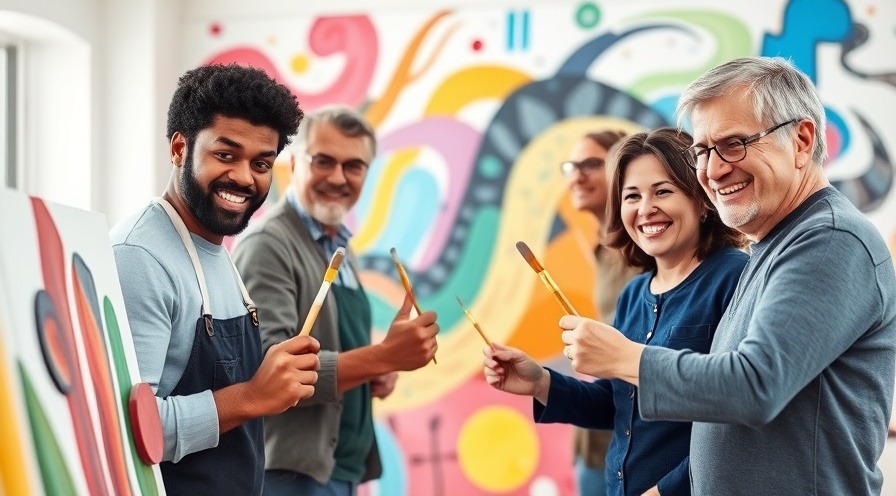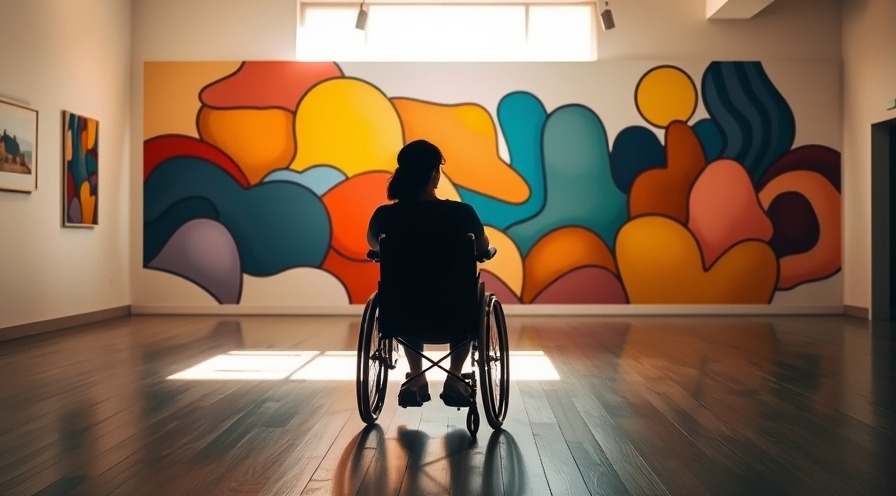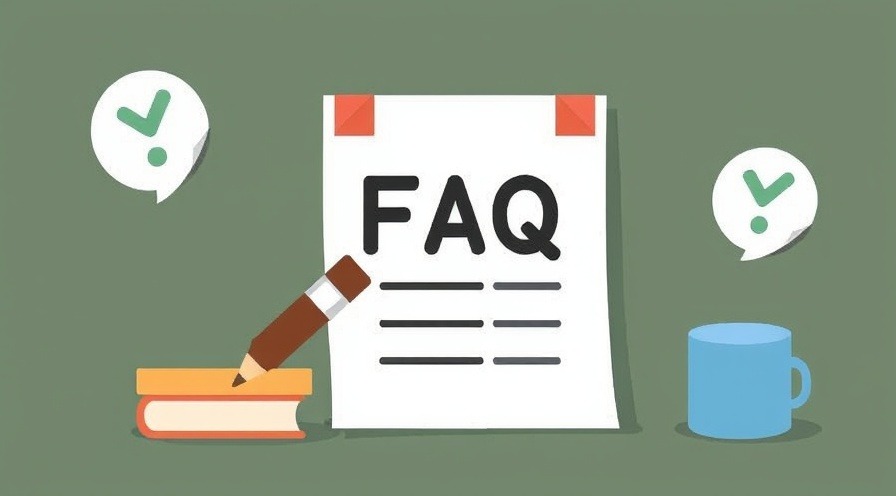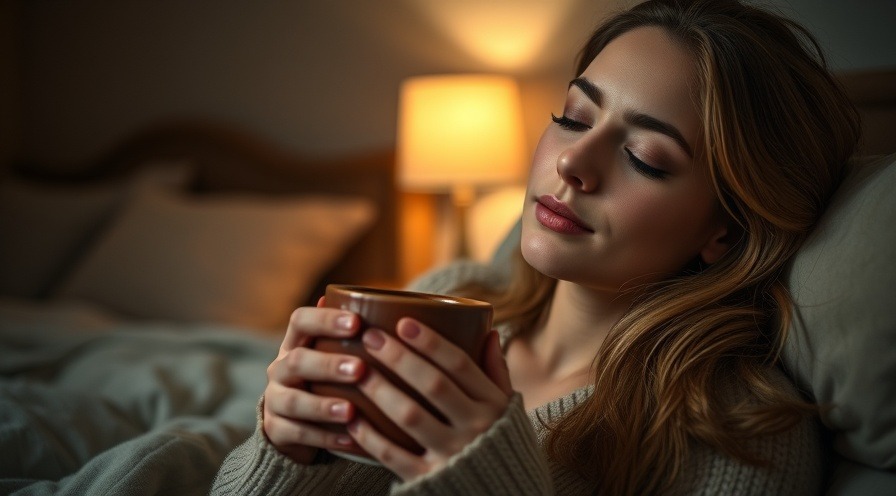
Unlocking Your Inner Artist: How Stroke Survivors Find Hope and Healing Through Art Therapy
The path to recovery after a stroke can be incredibly challenging, often involving intensive physical and cognitive rehabilitation. It's a journey that demands resilience, perseverance, and often, a renewed sense of purpose. But what if one of the most powerful tools for healing wasn't just physical therapy, but something as beautiful and expressive as art? At facilities like the Rehab Hospital of the Pacific, they've discovered that art isn't just a pastime; it's a vital component in helping stroke survivors regain function, re-engage with life, and rediscover joy. The powerful "Journey Forward" collaborative mural project featured in this video beautifully illustrates this transformative process.
The Unseen Challenges of Stroke Recovery
When individuals arrive at a rehab hospital after a stroke, the physical challenges are often immediately apparent. There might be visible weakness or an inability to use one side of the body. However, beyond the obvious physical hurdles, stroke often impacts crucial functions like hand-eye coordination and spatial awareness. Patients may struggle to track movement to the left or right, depending on which side of their brain was affected. This isn't just about moving a limb; it's about the intricate connection between sight, thought, and action. Moreover, the journey to recovery requires immense motivation. As one individual from the Rehab Hospital of the Pacific notes, patients often need "some goal to actually go ahead and and keep them on top that the pathway to get better". Without a clear vision or something to strive for, the rehabilitation process can feel daunting.
Art: A Powerful Catalyst for Healing and Connection
This is where art truly shines as a therapeutic intervention. For many stroke survivors, art isn't just a new hobby; it's a reconnection to a forgotten passion or an entirely new avenue for expression. As one survivor shares, "ever since I came to rehab I was like 'Oh I just love to do art.' From high school and college it I was really interested in art but I never took up anything until I had a stroke". This demonstrates how life-altering events can sometimes open doors to unexpected forms of healing.
Art-making directly addresses some of the physical and cognitive deficits caused by stroke. When survivors engage in painting, drawing, or other creative endeavors, they are actively using their hand-eye coordination. This direct engagement helps to retrain the brain and body. For those whose arm condition has improved, therapists can even suggest using the affected arm in art activities "so that way they put it to use and they don't forget about it". This practical application prevents disuse and reinforces neural pathways, which is crucial for long-term recovery. Beyond the physical benefits, art provides a powerful emotional outlet. It allows survivors to:
Express their experiences: The "Journey Forward" mural itself is about "sharing their experiences of what actually got them to get better through their journey".
Set achievable goals: Completing a piece of art or contributing to a larger mural can be a tangible goal that provides a sense of accomplishment and purpose.
Connect with others: The collaborative nature of the "Journey Forward" mural brings together stroke survivors from the community, fostering a sense of camaraderie and shared understanding. This community support is invaluable, as survivors can see that they are not alone in their journey.

Authentic Voices of Hope
The video beautifully highlights the diverse group of individuals who have found solace and strength through this program. We hear directly from survivors like Karen, Tracy Psyche, Auggie, Matt, Deborah Kobayakawa, Paul, Elsie, Clyde, and Michael Montter, all proudly identifying as stroke survivors and participants in the group. Their presence underscores the power of shared experience and community.
One survivor poignantly states,
"It's been seven years since I had my stroke but I'm so thankful to be at Rehab Hospital in the stroke survivor group".
This gratitude speaks volumes about the positive impact of such programs on their ongoing recovery and well-being.
Your Journey Forward
The "Journey Forward" project is a testament to the fact that healing isn't just about regaining physical strength; it's about rebuilding lives, fostering creativity, and connecting with others who understand your path. Whether you're a stroke survivor, a caregiver, or simply interested in holistic wellness, remember the profound impact that creative expression can have. It offers a unique pathway to healing, connection, and a renewed sense of purpose.

FAQ: Art Therapy and Stroke Recovery
What is "Journey Forward" and what is its purpose in stroke recovery?
"Journey Forward" is a collaborative mural project designed to bring together individuals from the community who have experienced a stroke. Its main purpose is to provide a platform for these survivors to share their experiences about what contributed to their improvement throughout their recovery journey. For many patients, having a specific goal or vision like this project is crucial to keeping them motivated and on track in their pathway to getting better.
How does participating in art activities like "Journey Forward" physically benefit stroke survivors?
Engaging in art activities directly addresses physical challenges often faced by stroke survivors, particularly in terms of hand-eye coordination. When patients are actively involved in art, they are using this coordination, which can be difficult for them, especially if their stroke affected their ability to track movement to the left or right. Furthermore, if a survivor's arm condition has improved, therapists may suggest they use their affected arm during art sessions to ensure they continue to utilize it and prevent it from becoming neglected.
What emotional and motivational support do stroke survivors gain from participating in art therapy and the "Journey Forward" project?
Art therapy offers significant emotional and motivational benefits. For some survivors, it allows them to reconnect with a passion for art that they had in high school or college but never pursued until after their stroke. The collaborative nature of the "Journey Forward" mural enables survivors to express their personal experiences of recovery. Being part of a group also fosters a sense of community and support, with many participants expressing gratitude for being part of the stroke survivor group at the Rehab Hospital. This sense of purpose and connection can be a vital part of their ongoing healing.
Who participates in the "Journey Forward" project and the stroke survivor group?
The "Journey Forward" project and the associated stroke survivor group are comprised of individuals from the community who have had a stroke. The video specifically highlights several participants who identify as stroke survivors, including Karen, Tracy Psyche, Auggie, Matt, Deborah Kobayakawa, Paul, Elsie, Clyde, and Michael Montter. These individuals actively participate in and benefit from the program, emphasizing the community aspect of the recovery journey.
 Add Row
Add Row  Add
Add 




 Add Row
Add Row  Add
Add 

Write A Comment